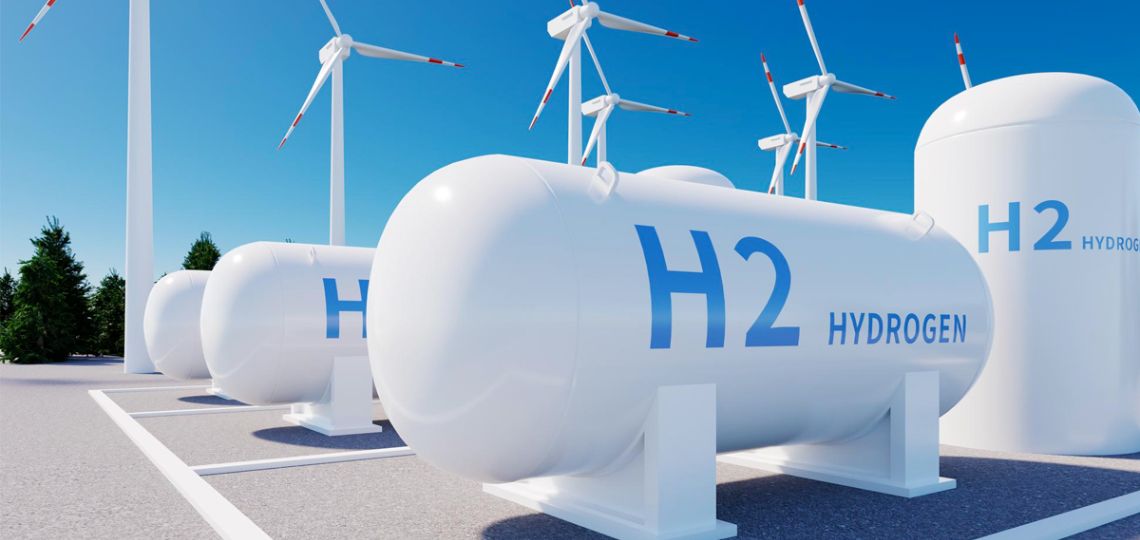HNO International Signs Major Hydrogen Supply Agreement for Zero-Emission Mobility in Texas
Key Ideas
- HNO International has signed a hydrogen supply agreement with a Texas-based company for clean hydrogen from its Scalable Hydrogen Energy Platform.
- The partnership aims to fuel a fleet of Class 8 hydrogen fuel cell vehicles, reducing the carbon footprint in the freight transportation sector.
- The agreement is expected to bring in nearly $10 million in contracts and will lead to rapid expansion in hydrogen production capacity to meet the growing demand.
- Hydrogen is increasingly recognized as a sustainable alternative to diesel in heavy-duty transportation, offering operational efficiency and environmental benefits.
HNO International, known for its production and distribution of clean hydrogen, recently announced a significant hydrogen supply agreement with a Texas-based company specializing in zero-emission mobility. The agreement will see hydrogen being sourced from HNO's Scalable Hydrogen Energy Platform (SHEP™), capable of producing up to 500 kilograms of clean hydrogen daily. This move is aimed at facilitating long-haul operations and reducing the carbon footprint in the freight transportation sector by fueling the Texas-based company's fleet of Class 8 hydrogen fuel cell vehicles (FCEVs).
The partnership is not only environmentally friendly but also financially promising, as it is expected to generate close to $10 million in multi-year contracts. HNO International is set to rapidly expand its hydrogen production capacity within the first year of operation to keep up with the increasing demand for clean fuels in the transportation and logistics industry.
This development underlines a broader industry trend where hydrogen is being embraced as a sustainable alternative to traditional diesel in heavy-duty transportation. By adopting hydrogen fuel cell technology, the Texas-based company is not only ensuring environmental sustainability but also positioning itself for business growth, with operational efficiency comparable to that of diesel engines. The move signifies the rising demand for clean hydrogen fuel in heavy-duty transport, emphasizing the pivotal role of hydrogen in the future of sustainable energy solutions.
